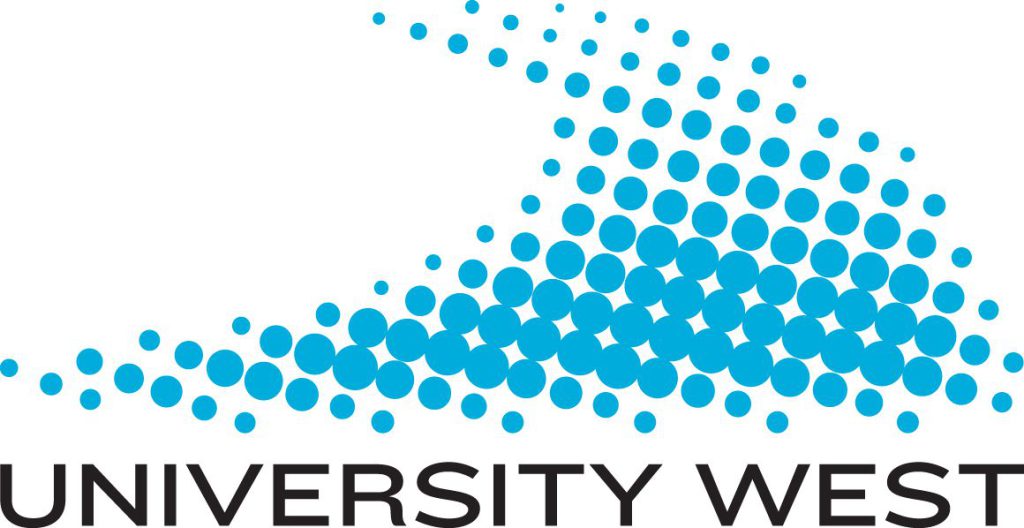Work-integrated learning and engaged scholarship: Bringing universities closer to the real world
Universities are critiqued for being irrelevant and not contributing to solving real-world problems. Work-integrated learning (WIL) and engaged scholarship are ways to bring universities closer to practice and communities. When reflecting on what it means to engage with society as an academic, there are several potential paths to consider.
Through our research collaboration, we reflected on the focus of our different universities. WIL is a central focus at University West, while engaged scholarship is seen as one of the three pillars at the University of the Free State (together with research and teaching).
But what are the similarities and differences between WIL and engaged scholarships? And how can they support solving the wicked problems of the world today?
On the website of the University of the Free State, engaged scholarship is viewed as “the utilisation of an academic’s scholarly and/or professional expertise, with an intentional public purpose or benefit (which) demonstrates engagement with external (non-academic) constituencies. It aims to generate new knowledge, promote knowledge integration, the application of knowledge, or the dissemination of knowledge.”
University West states the following basic principles of WIL: “We believe that advanced knowledge is created in many parts of society, and not only within academia. We also believe that theoretical and practical knowledge are equally important. It is in the meeting between academia, working life and the surrounding society that insights, solutions and mutual development are best created that can meet the challenges society faces.”
Both definitions indicate the importance of working together with stakeholders outside the university. Both definitions focus on the importance of the creation or application of knowledge. WIL acknowledges that knowledge outside the university is just as important as knowledge created internally. While engaged scholarship focuses on engagement with others, WIL also advocates working together with others for mutual development and learning. The co-creation of knowledge is seen in both definitions.
When looking at the emphasis on knowledge creation and application in engaged scholarship, and at the same time reflecting on the WIL principle that advanced knowledge is created in many parts of society, we argue that engaged scholarship and WIL complement each other. Engaged scholarship and WIL are like melting pots, where valuable knowledge creation occurs in meetings and where the meeting of theoretical knowledge and practice contributes further to knowledge and learning.
The difference between engaged scholarship and WIL is that engaged scholarship brings scholarly knowledge to practice, while WIL integrates learning from and with academia and practice. Perhaps WIL throughout higher education can support an optimization of engaged scholarship for academics?
Both engaged scholarship and WIL engage with real-world problems with a focus on solving problems from the interaction between academia, practice, communities, and others, engaging people from various contexts who work together to solve problems. Sweden and South Africa both face challenges of aligning academic curricula with rapidly changing societal needs, where engaged scholarship and WIL can foster innovation and critical thinking to address complex societal challenges, as well as enhance employability by equipping students with practical skills and experiences.
Universities can play an important role in promoting solving REAL problems by working closer with those outside the university – to understand the challenges in various contexts and to collaborate to ensure solutions are relevant. Through WIL and engaged scholarship, the real world is brought into the classroom and research problems, ensuring relevance.
For academics on the ground, it is sometimes difficult to understand how to incorporate engaged scholarship practically in their courses without creating additional work. And here is where WIL can be used as a practical tool to assist academics to practice engaged scholarship.
Kristina Areskoug Josefsson
Professor in Work-integrated Learning
Faculty of Health Sciences, University West, Sweden
Liezel Massyn
Associate Professor
Business School, University of the Free State, South Africa

